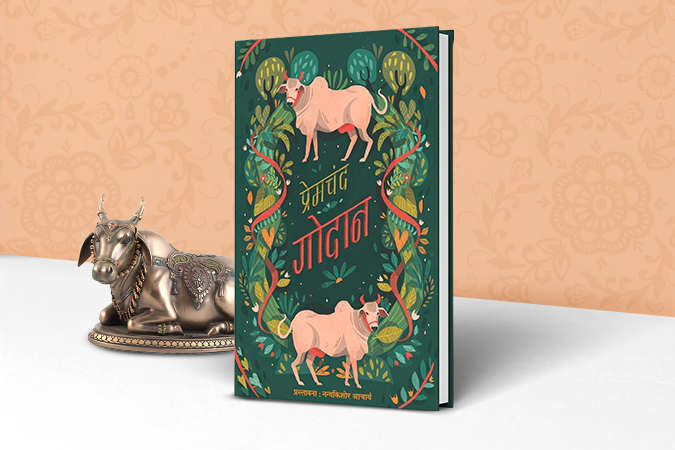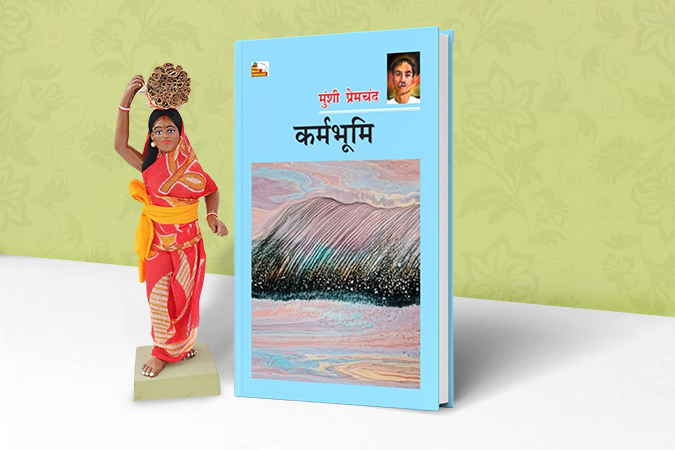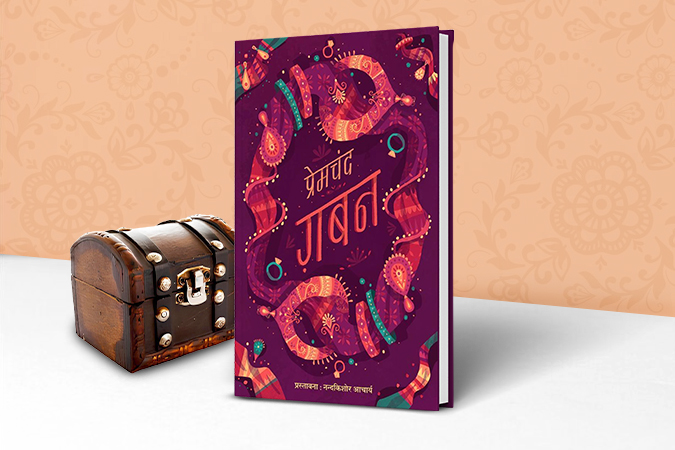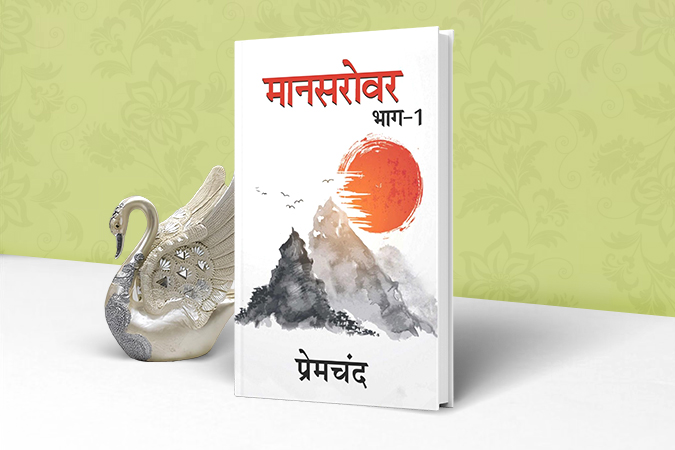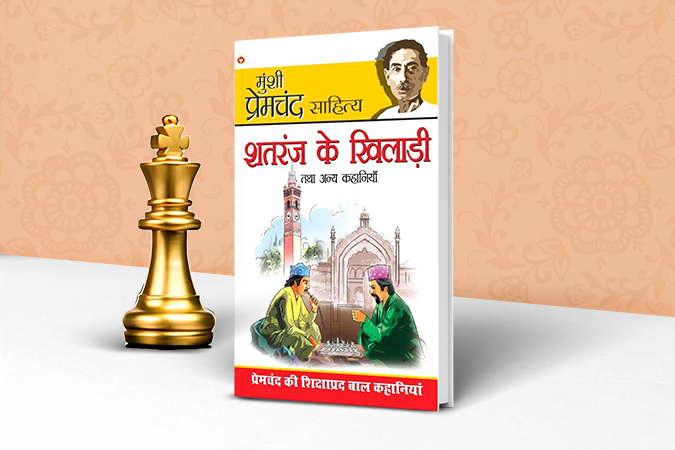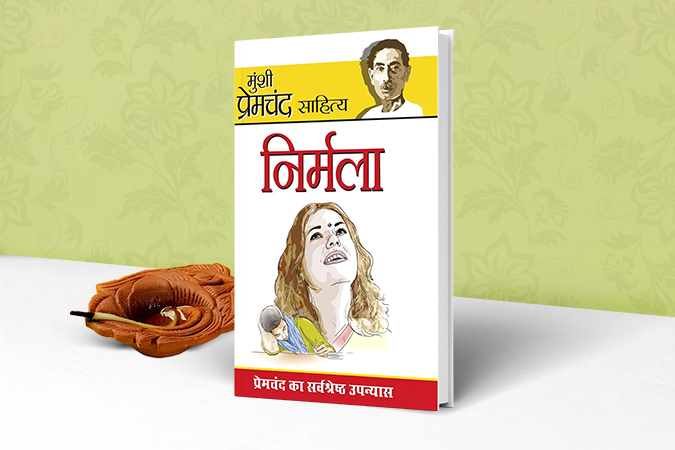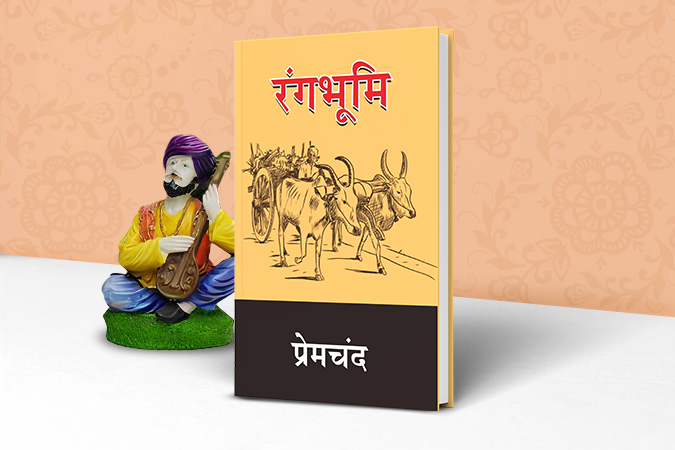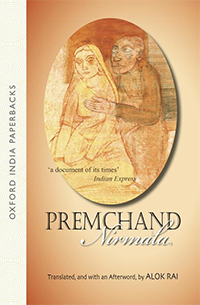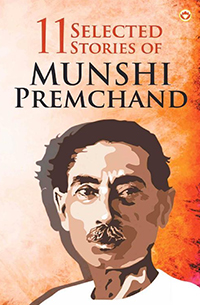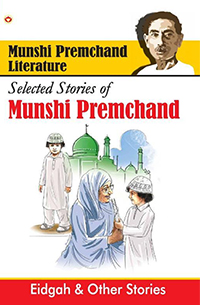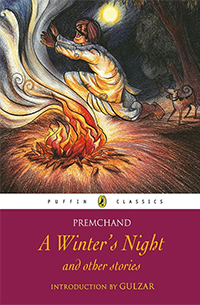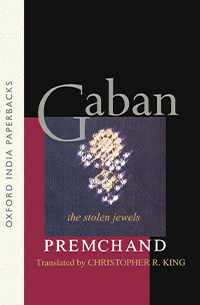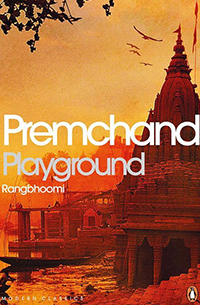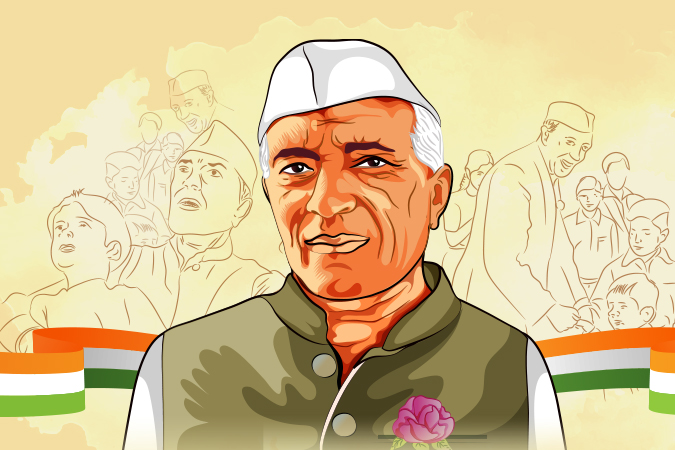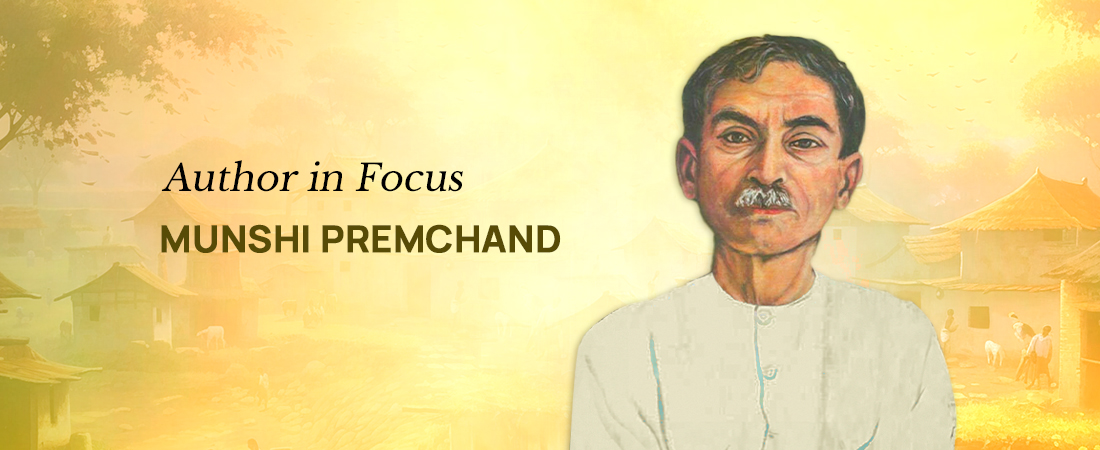
Who is Munshi Premchand? Exploring the Genius of Hindi Literature
July marks the birth anniversary of Munshi Premchand, one of the most revered authors in Indian literature.
At Bookscape, we’re celebrating his timeless legacy by highlighting some of his most iconic works. If you haven’t yet delved into Premchand’s writings, now is the perfect time to start.
But who is Munshi Premchand, and why does his work continue to resonate with readers?
Who is Munshi Premchand?
Munshi Premchand, born on July 31, 1880, is a towering figure in Indian literature, often hailed as the “Upanyas Samrat” (Emperor of Novels). Writing primarily in Hindi and Urdu, his works reflect the socio-political landscape of early 20th-century India. Premchand’s novels and short stories often delve into the lives of the common people, exploring themes of poverty, social justice, and human dignity.
The Literary Genius of Premchand
Premchand’s storytelling is known for its simplicity and depth, capturing the essence of rural India with authenticity and empathy. His characters are vivid and relatable, navigating the complexities of social hierarchies and moral dilemmas.
Premchand’s work spans various genres, from novels and short stories to essays, each leaving a profound impact on Indian literature.
Why is Munshi Premchand famous?
Munshi Premchand’s contribution to literature is immense. His works are not just stories; they are reflections of society, shedding light on issues that were often ignored. His ability to weave narratives that are both poignant and thought-provoking has earned him a permanent place in the hearts of readers.
What are some of the best works of Munshi Premchand?
Godaan is considered Premchand’s masterpiece. The novel portrays the life of a poor farmer, Hori, whose ultimate wish is to own a cow. It delves into themes of poverty, exploitation, and the plight of rural India. Godaan is a poignant critique of the socio-economic conditions of the time and remains relevant even today.
Set in pre-independence India, Karmabhoomi explores the political and social upheavals of the time. The story revolves around Amarkant, who grapples with his ideals and responsibilities. Premchand’s insightful exploration of social issues and human values makes this novel a must-read.
Gaban tells the story of Ramanath, whose desire to impress his wife with material wealth leads him into a web of deceit. The novel highlights the consequences of greed and societal pressure. Premchand’s critique of moral weaknesses in the face of societal expectations is both sharp and empathetic.
Mansarovar is a collection of some of Premchand’s finest short stories. These tales explore various facets of human nature and societal issues, each story leaving a lasting impression. This collection is a testament to Premchand’s versatility and keen observation of human life.
Set in the backdrop of British India, Shatranj Ke Khiladi is a satirical take on the aristocracy of Lucknow. The story revolves around two noblemen whose obsession with chess leads to their neglect of real-life responsibilities. Premchand’s wit and critique of the complacency of the elite make this a memorable read.
Nirmala addresses the grim realities of dowry and the impact of child marriage. The tragic story of Nirmala, a young girl forced into a marriage with an older man, is a poignant commentary on social evils. Premchand’s empathetic portrayal of Nirmala’s plight highlights his commitment to social reform.
Rangbhoomi is a powerful narrative about the struggle between the oppressed and the oppressors. The protagonist, Surdas, is a blind beggar who becomes a symbol of resistance against exploitation. The novel’s exploration of social justice and human dignity is profound and inspiring.
Explore these classics and more on Bookscape, and celebrate the legacy of one of India’s greatest literary icons.
Want to read some of Premchand’s iconic works but you’re not fluent in Hindi? We’ve got you covered.

